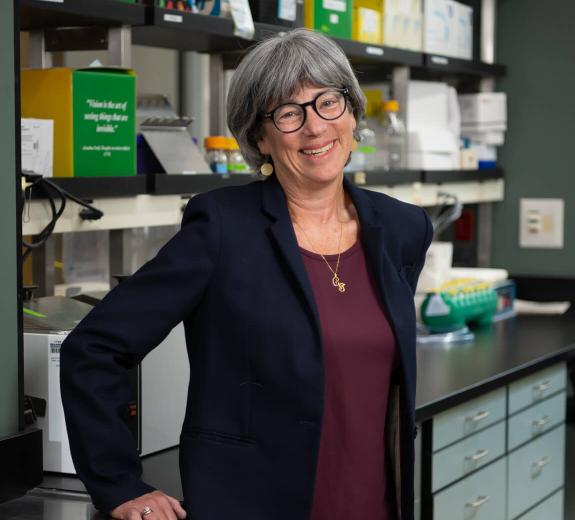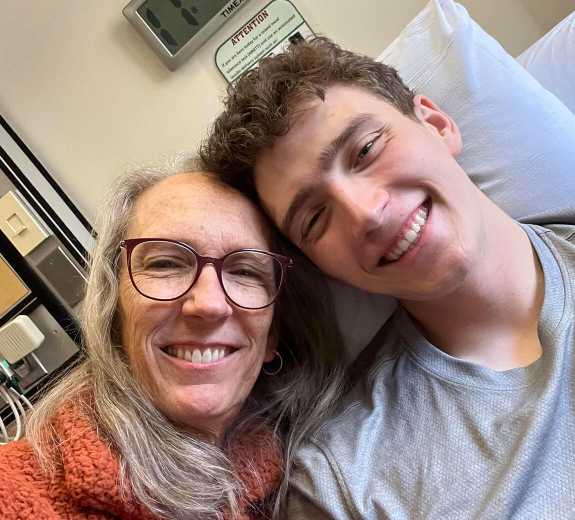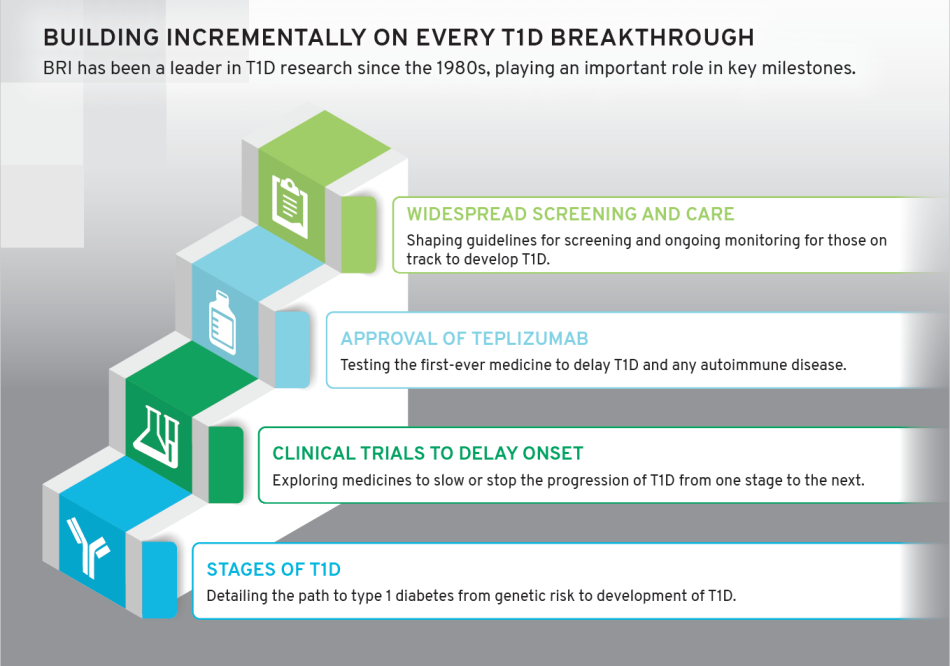BRI’s Carla Greenbaum, MD, and her team recently developed a mathematical formula called an algorithm that might one day give people on track to develop T1D the answers that Zane wished for. This algorithm can help doctors better predict when someone might develop T1D, which can help inform decisions about their care.
Though researchers have been screening for T1D and offering clinical trials to stop the disease for years, it’s not something routinely done at a doctor’s visit. The introduction of teplizumab (Tzield) — the first drug able to delay the onset of T1D and any autoimmune disease — is changing that.
“We’ve been able to predict who will develop T1D for years, but when it would happen has been a big unknown,” Dr. Greenbaum says. “Our research could change that by developing a test that gives people a sense of their near-term risk, which opens the door to conversations about ongoing monitoring and helps guide next steps.”






